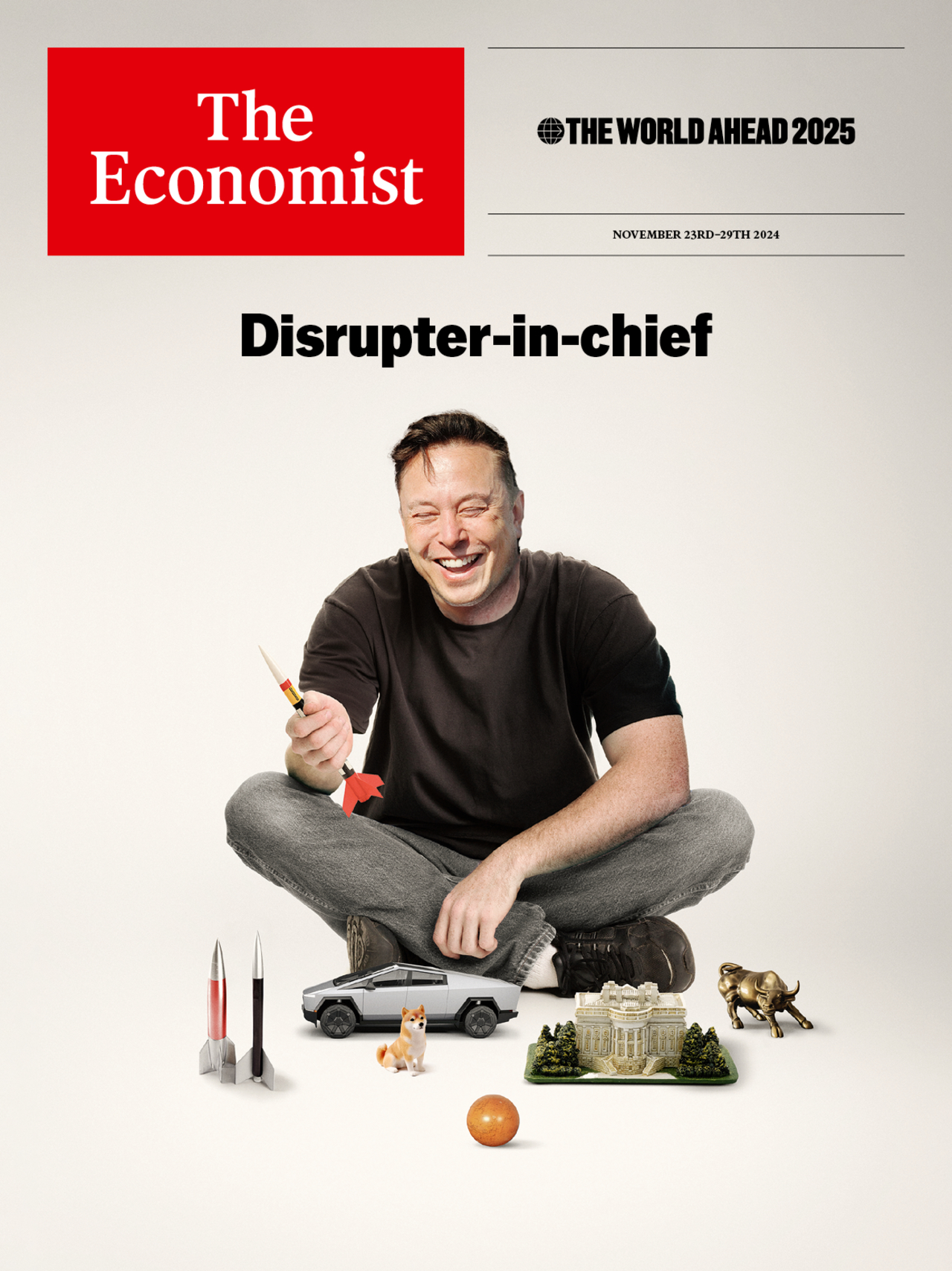Unveiling Tech Leadership Changes and Global Threats: An Insight into Recent Developments
In a year marked by rapid developments in both technology and geopolitics, two key stories have emerged that reveal much about the current tapestry of the global landscape. From leadership changes in corporate tech to unsettling evidences surrounding international incidents, these narratives reflect the intersections of innovation and political tensions.
Serko’s New CTO: Charting a Course for Innovation
New Zealand-based corporate travel technology provider Serko has made headlines with the appointment of Simon Young as its new chief technology officer. Young, who joined the company in 2023 as vice president of engineering after notable stints at Trade Me and Halter, has been serving in this critical role since April before being confirmed officially to lead the technology arm.
Advances in corporate travel technology.
Young’s focus is clear: to drive innovation and improve product development through the integration of new technologies that respond to the evolving needs of clients and partners. His ambitious goal centers on accelerating Serko’s global efforts in the business travel sector, a space that has witnessed significant transformations exacerbated by the pandemic.
As travel policies adapt post-COVID, organizations increasingly rely on technology to streamline operations. Young’s commitment to enhancing the company’s technology infrastructure positions Serko to be agile and responsive amid the changing demands in the realm of business travel. In his own words, he aims to “accelerate our global ambitions in business travel.” Such visionary leadership is essential as the travel industry navigates this complex landscape, which demands both flexibility and foresight.
Accenture Expands Horizons: The Acquisition of Excelmax Technologies
Meanwhile, on a larger stage, Accenture has strategically acquired Excelmax Technologies, a semiconductor design service provider based in Bangalore, India. This acquisition underscores Accenture’s relentless pursuit to enhance its silicon design and engineering capabilities amid a booming semiconductor market.
The future of silicon design and engineering.
The continued growth in demand for semiconductors has been driven by an upsurge in data centers, artificial intelligence, and edge computing. Companies are now investing heavily in technology solutions that push the boundaries of innovation, aiming for elevated efficiencies and unprecedented capabilities. Founded in 2019, Excelmax specializes in offering comprehensive solutions—from high-level design to detailed physical layout, ready for manufacturing.
Accenture’s acquisition of XtremeEDA in 2022 illustrates its commitment to bolstering its semiconductor services. As consumer demand for electronic devices rises, the partnership with Excelmax could very well position Accenture at the forefront of the semiconductor sector’s evolution. This expansion highlights the competitive landscape within the tech industry, driven by a constant quest for the latest advancements.
A Darker Turn: Investigating the Havana Syndrome in Vietnam
Shifting focus from matters of technology to pressing geopolitical concerns, recent reports have further unravelled the complexities surrounding the Havana Syndrome incidents reported by U.S. officials in Vietnam. New evidence indicates a potential role of Russia in these attacks, which have been historically categorized as “anomalous health incidents.” These incidents manifested before Vice President Kamala Harris’ visit to Vietnam in 2021, where numerous officials reported debilitating symptoms.
Geopolitical tensions viewed through the lens of health incidents.
According to investigative reports, the technology employed in these attacks—allegedly provided by Russia to Vietnam—could include LRAD (Long-Range Acoustic Device) capabilities. The implications of such technology in the hands of foreign security services raise alarm bells about national security and international alliances.
The events underscore the multi-layered threats faced by governments, particularly as they navigate complex interactions with rival nations. Investigative journalist Christo Grozev, an expert on Russian affairs, suggests that these incidents play into a broader strategy by Russia to assert its influence through technological means.
The Intersection of Technology and Health
While the Tokyo 2020 Olympics brought to the fore the importance of technology in ensuring safety, the darker side of such innovations poses questions around their ethical implications when utilized for harm or espionage. The use of sonic or microwave weaponry raises further complexities in understanding modern conflicts where tangible actions hidden behind layers of technology lead to physical and psychological repercussions for targeted individuals.
Conclusion: Navigating a Complex Future
As we witness these shifts in the corporate tech landscape alongside emerging global security dilemmas, it becomes increasingly vital for stakeholders—be they tech innovators or policymakers—to cultivate robust frameworks that prioritize both advancement and human safety. The stories of Serko and Accenture indicate that while there is a rich vein of innovation waiting to be tapped, vigilance towards the implications of technological advances is paramount, especially when intertwined with geopolitics and security.
The interplay between technology and international relations continues to evolve, demanding not just awareness but proactive engagement from all involved. The tumultuous chapters of 2024 serve as a reminder of the myriad challenges waiting on the horizon, with the necessity for solutions that promote stability and ethical integrity ever pressing.


 Photo by
Photo by 











